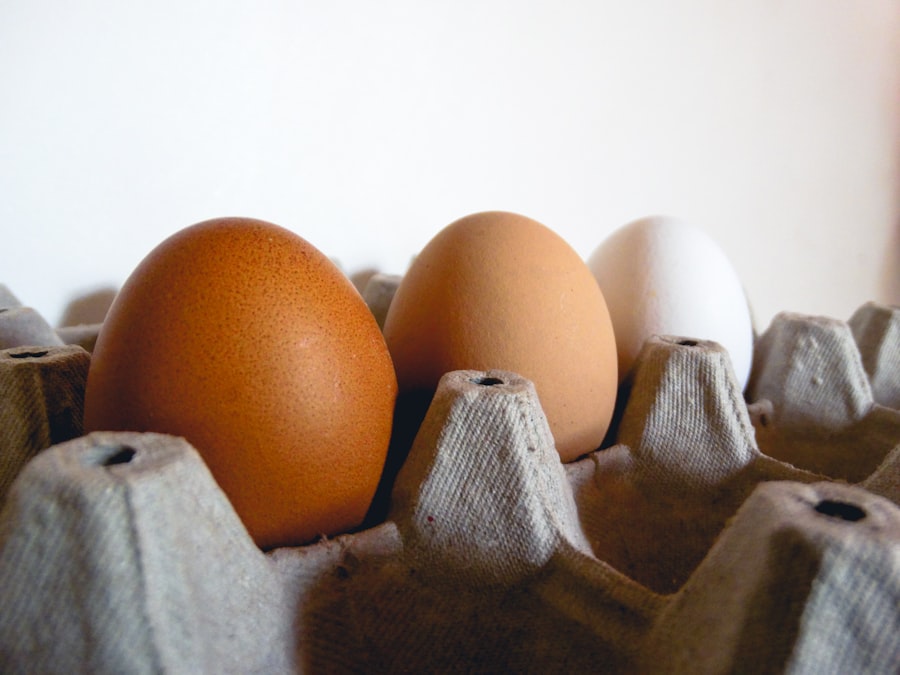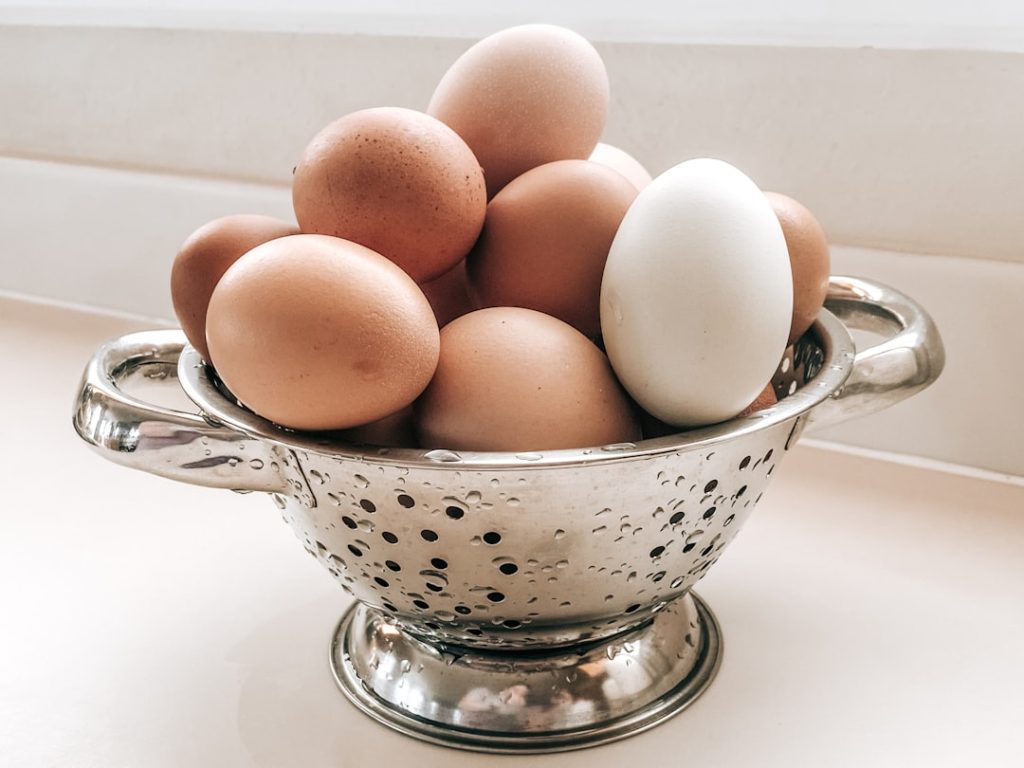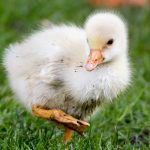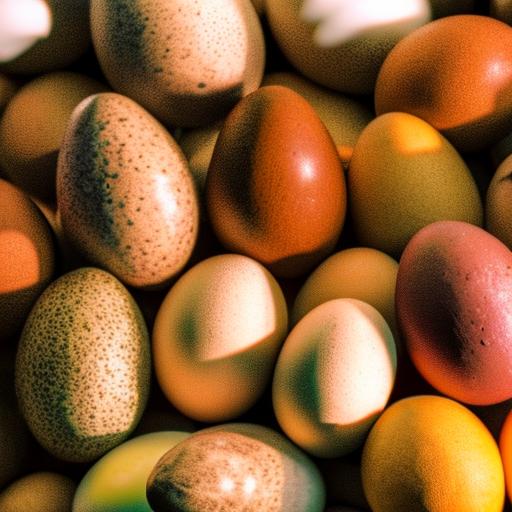Brown egg-laying chicken breeds are widely favored by both backyard poultry keepers and commercial egg producers. These breeds are characterized by their consistent production of large, brown eggs, making them valuable assets to any flock. Brown egg-laying chickens exhibit diverse physical characteristics and temperaments, allowing for selection based on specific requirements.
Options range from docile breeds suitable as family pets to high-yield varieties ideal for egg production and sales. The popularity of brown egg-laying chicken breeds in the poultry industry has been long-standing and continues to increase. Their exceptional egg-laying capabilities and generally amiable nature contribute to their widespread appeal among chicken enthusiasts.
This article will delve into the attributes of brown egg-laying chicken breeds, highlight notable breeds within this category, discuss optimal husbandry practices, address health and nutritional considerations, explore breeding and genetic aspects, and conclude with an overview of the advantages associated with raising these breeds.
Table of Contents
- 1 Characteristics of Brown Egg-Laying Chicken Breeds
- 2 Popular Brown Egg-Laying Chicken Breeds
- 3 Best Practices for Raising Brown Egg-Laying Chicken Breeds
- 4 Health and Nutrition for Brown Egg-Laying Chicken Breeds
- 5 Breeding and Genetics of Brown Egg-Laying Chicken Breeds
- 6 Conclusion and Final Thoughts on Brown Egg-Laying Chicken Breeds
- 7 FAQs
- 7.1 What are some breeds of chickens that lay brown eggs?
- 7.2 Do all brown egg-laying chickens have the same egg color?
- 7.3 What are the advantages of choosing chickens that lay brown eggs?
- 7.4 Are there any specific care requirements for chickens that lay brown eggs?
- 7.5 How can I identify if a chicken will lay brown eggs?
Key Takeaways
- Brown egg-laying chicken breeds are popular for their ability to produce brown eggs, which are favored by many consumers for their rich flavor and nutritional value.
- These breeds are known for their hardiness, adaptability, and good egg-laying capabilities, making them a popular choice for backyard and small-scale egg production.
- Some popular brown egg-laying chicken breeds include the Rhode Island Red, Plymouth Rock, and Sussex, each with their own unique characteristics and traits.
- Best practices for raising brown egg-laying chicken breeds include providing a balanced diet, proper housing, regular health checks, and ensuring access to clean water and ample space for exercise.
- Health and nutrition for brown egg-laying chicken breeds are essential for maintaining egg production and overall well-being, including providing a balanced diet, regular access to fresh water, and monitoring for common health issues such as parasites and respiratory infections.
Characteristics of Brown Egg-Laying Chicken Breeds
Temperament Matters
One of the key characteristics of brown egg-laying chicken breeds is their temperament. While some breeds may be more docile and friendly, others may be more independent and less inclined to be handled. It’s important to consider the temperament of the breed when selecting chickens for your flock, especially if you have children or are looking for a breed that is easy to handle.
Diversity in Size and Appearance
Brown egg-laying chicken breeds vary in terms of their size and appearance, with some breeds being larger and more robust, while others are smaller and more petite. Understanding the characteristics of each breed can help you make an informed decision when selecting chickens for your flock.
Selecting the Right Breed for You
This diversity allows chicken enthusiasts to select a breed that best fits their specific needs and preferences. By considering factors such as temperament, size, and egg-laying abilities, you can choose a breed that is well-suited for your lifestyle and environment.
Popular Brown Egg-Laying Chicken Breeds

There are several popular brown egg-laying chicken breeds that are favored by both backyard chicken enthusiasts and commercial egg producers. One of the most well-known brown egg-laying breeds is the Rhode Island Red. This breed is prized for its excellent egg production, hardiness, and friendly disposition.
Rhode Island Reds are known for their deep red plumage and large brown eggs, making them a popular choice for those looking to add a reliable egg producer to their flock. Another popular brown egg-laying breed is the Plymouth Rock. This breed is known for its calm and friendly nature, making it an excellent choice for families with children.
Plymouth Rocks are also valued for their consistent egg production and ability to thrive in a variety of environments. Their distinctive black and white barred plumage makes them an attractive addition to any flock. The Sussex is another popular brown egg-laying breed that is prized for its excellent egg production and gentle temperament.
Sussex chickens come in a variety of colors, including speckled, red, and light brown, making them a visually appealing choice for backyard flocks. Their friendly nature and adaptability make them a favorite among chicken enthusiasts.
Best Practices for Raising Brown Egg-Laying Chicken Breeds
When raising brown egg-laying chicken breeds, it’s important to provide them with a comfortable and secure environment that meets their specific needs. This includes providing adequate space for the chickens to roam and ensuring that they have access to fresh water and a balanced diet. Additionally, it’s important to provide protection from predators and inclement weather to ensure the health and well-being of the flock.
Proper nutrition is essential for maintaining the health and productivity of brown egg-laying chicken breeds. A balanced diet that includes high-quality feed, fresh water, and access to grit and oyster shells will help ensure that the chickens receive the nutrients they need to lay high-quality eggs. Additionally, providing access to fresh greens and occasional treats can help keep the chickens healthy and happy.
Regular health checks are also important when raising brown egg-laying chicken breeds. Monitoring the flock for signs of illness or injury can help prevent potential health issues from escalating. Additionally, providing regular access to dust baths and keeping the coop clean can help prevent parasites and other health problems.
Health and Nutrition for Brown Egg-Laying Chicken Breeds
Maintaining the health and nutrition of brown egg-laying chicken breeds is essential for ensuring their well-being and productivity. Providing a balanced diet that includes high-quality feed, fresh water, and access to grit and oyster shells is crucial for supporting optimal egg production. Additionally, supplementing their diet with fresh greens and occasional treats can help keep the chickens healthy and happy.
Regular health checks are important for monitoring the well-being of brown egg-laying chicken breeds. This includes checking for signs of illness or injury, as well as monitoring their overall condition and behavior. Providing regular access to dust baths can help prevent parasites and keep the chickens’ feathers clean and healthy.
In addition to proper nutrition and regular health checks, it’s important to provide a clean and secure environment for brown egg-laying chicken breeds. This includes keeping the coop clean and providing protection from predators and inclement weather. By following these best practices for health and nutrition, you can help ensure that your brown egg-laying chickens remain healthy and productive.
Breeding and Genetics of Brown Egg-Laying Chicken Breeds

The Role of Selective Breeding
Selective breeding has been used to develop desirable traits such as high egg production, hardiness, and friendly dispositions in these breeds. By carefully selecting breeding stock with desirable traits, breeders can work to improve the overall quality of the flock.
Understanding Genetics
Understanding the genetics of brown egg-laying chicken breeds can help breeders make informed decisions when selecting breeding stock. By studying traits such as egg color, size, and production rate, breeders can work to develop lines of chickens that consistently produce high-quality eggs. Additionally, understanding genetic inheritance patterns can help breeders predict the traits that offspring are likely to inherit from their parents.
Advancements in Genetic Technology
In addition to selective breeding, advancements in genetic technology have allowed breeders to further refine the traits of brown egg-laying chicken breeds. By using techniques such as DNA testing and gene editing, breeders can work to develop lines of chickens with specific traits that meet the needs of consumers and commercial producers alike.
Conclusion and Final Thoughts on Brown Egg-Laying Chicken Breeds
In conclusion, brown egg-laying chicken breeds are a valuable addition to any flock due to their exceptional egg-laying abilities, diverse characteristics, and friendly dispositions. Whether you are looking for a reliable source of fresh eggs for your family or are interested in starting a small-scale egg production operation, there is a brown egg-laying chicken breed that is sure to meet your needs. By understanding the characteristics of different brown egg-laying chicken breeds, implementing best practices for raising these chickens, maintaining their health and nutrition, and considering breeding and genetics, you can ensure the success of your flock.
With proper care and attention, brown egg-laying chicken breeds can provide you with years of enjoyment and a steady supply of delicious eggs. Whether you are an experienced poultry enthusiast or new to raising chickens, there is much to appreciate about these remarkable birds.
If you’re interested in learning more about the different breeds of chickens that lay brown eggs, you might also want to check out this article on how long it takes for chicken eggs to hatch naturally. This article provides valuable information on the incubation process and the different factors that can affect the hatching of chicken eggs. It’s a great resource for anyone looking to breed chickens or simply interested in learning more about the natural hatching process.
FAQs
What are some breeds of chickens that lay brown eggs?
Some popular breeds of chickens that lay brown eggs include Rhode Island Reds, Plymouth Rocks, Orpingtons, Australorps, and Sussex.
Do all brown egg-laying chickens have the same egg color?
No, the shade of brown can vary among different breeds of chickens that lay brown eggs. Some may lay light brown eggs, while others may lay darker brown eggs.
What are the advantages of choosing chickens that lay brown eggs?
Chickens that lay brown eggs are often known for their hardiness, good egg production, and friendly dispositions. Additionally, brown eggs are often preferred by consumers for their perceived higher nutritional value.
Are there any specific care requirements for chickens that lay brown eggs?
Chickens that lay brown eggs generally have the same care requirements as other chicken breeds. They need a suitable coop, access to fresh water and feed, and regular health checks.
How can I identify if a chicken will lay brown eggs?
The color of a chicken’s earlobes can often indicate the color of eggs it will lay. Chickens with red earlobes typically lay brown eggs, while those with white earlobes usually lay white eggs.
Meet Walter, the feathered-friend fanatic of Florida! Nestled in the sunshine state, Walter struts through life with his feathered companions, clucking his way to happiness. With a coop that’s fancier than a five-star hotel, he’s the Don Juan of the chicken world. When he’s not teaching his hens to do the cha-cha, you’ll find him in a heated debate with his prized rooster, Sir Clucks-a-Lot. Walter’s poultry passion is no yolk; he’s the sunny-side-up guy you never knew you needed in your flock of friends!







